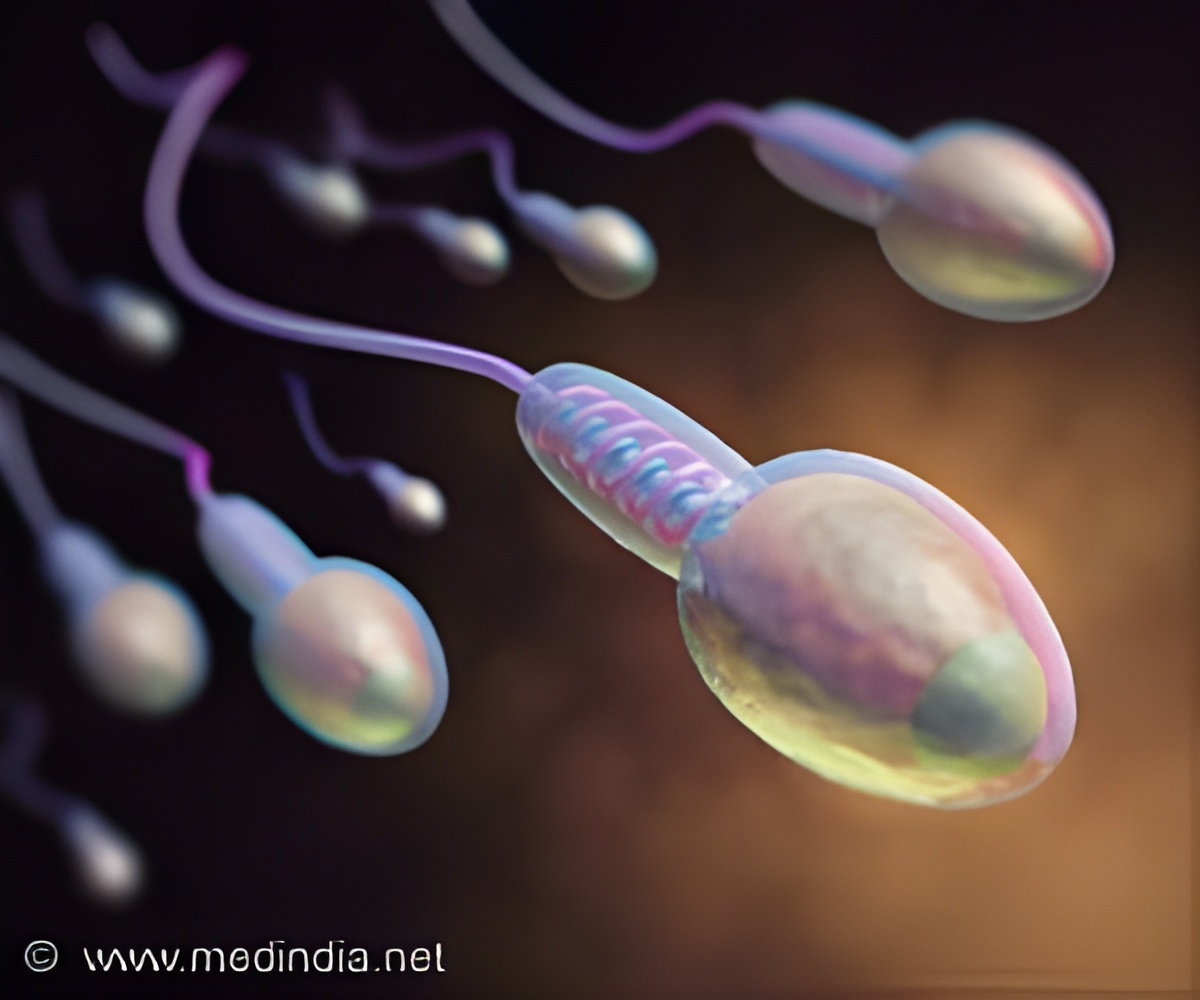Obesity-induced changes in the brain have been shown to reduce sperm count, demonstrating how neurological alterations from obesity can impact reproductive health.

Obesity Alters POMC and Kisspeptin Neuron Cross Talk Leading to Reduced Luteinizing Hormone in Male Mice
Go to source). Obesity is known to cause lower testosterone in men, impacting muscle mass and cognition, as well as reproductive function by diminishing sperm numbers and lowering libido.
‘#Obesity-induced changes in the brain are now linked to decreased #spermcount, revealing a critical intersection between #neurological health and #reproductive function. #testosterone’





Using mice fed a high-fat diet to mimic human obesity, a UC Riverside-led research team found that obesity causes chronic changes in the brain. The team found the brains of the mice showed a reduction in the connections between neurons and a downregulation — a reduction in the number — of receptors that normally inform the brain that enough energy is available and to cease food intake. Link Between Excessive Calorie Intake, Low Testosterone, and Reduced Sperm Count
“This may explain why we don’t stop excessive calorie intake,” said Djurdjica Coss, a professor of biomedical sciences in the School of Medicine, who led the study published in the Journal of Neuroscience. “The overweight mice also showed lower testosterone in their blood and reduced sperm numbers.”Coss explained that reproductive function is regulated by the hypothalamus-pituitary-gonadal axis, a feedback loop that regulates sexual reproduction and development. The hypothalamus is a complex area in the brain that regulates food intake, temperature, thirst, and reproduction. It contains neurons that regulate the synthesis and secretion of hormones from the pituitary gland located in the base of the brain, which then regulate testosterone synthesis and sperm production in the testes in males (and estrogen production and ovulation in females).
“When these neurons in the hypothalamus are not functioning properly, as in obesity, it causes lower hormone levels from the pituitary gland and lower testosterone and sperm production,” Coss said. “To our surprise, we found the primary site of obesity’s effects is the brain, rather than the testes or pituitary, in disrupting the normal functioning of the neurons that regulate reproduction.”
Coss stressed that the same brain mechanisms that her lab explored in mice for the study exist in humans.
“We have the same neurons that regulate reproduction and food intake, and the same hormones in the pituitary that regulate testicular function in men, such as testosterone synthesis and sperm production,” she said.
Obesity is a significant problem, affecting two in five adults in the United States. Obesity is known to cause other significant health issues, such as cardiovascular disease and Type 2 diabetes. According to Coss, currently, one in five couples needs some assisted reproductive technology to have a child. Research in her lab is now focused on understanding the negative effects of obesity on human reproduction.
Coss explained that neurons in the brain are connected and communicate with one another via synapses. Neurons that regulate food intake and energy expenditure interact with neurons that regulate reproduction to coordinate their functions, since reproduction is an energy-demanding process.
“Growing a baby takes a lot of energy,” Coss said. “We counted the numbers of synapses in the neurons that regulate reproduction in the brain and identified fewer synaptic connections in the mice that were fed high-fat diet. We still don’t know exactly how this happens, but now, after identifying specific neuronal populations and specific synaptic molecules that are affected by obesity, we can focus our future studies in trying to understand these observations.”
Coss noted that her lab has not yet tested if these changes are passed down to offspring.
“We would first like to test if we can reverse these changes by switching the mice fed a high-fat diet back to a normal diet in order for them to lose weight,” she said. “For many people, the fight against obesity is a losing battle. We hope to show that after a certain amount of time following weight loss, the brain is able to reset the body’s food intake, which would help people struggling to lose weight.”
The research paper is titled “Obesity Alters POMC and Kisspeptin Neuron Cross Talk Leading to Reduced Luteinizing Hormone in Male Mice.”
Reference:
- Obesity Alters POMC and Kisspeptin Neuron Cross Talk Leading to Reduced Luteinizing Hormone in Male Mice - (https://www.jneurosci.org/content/44/28/e0222242024)













